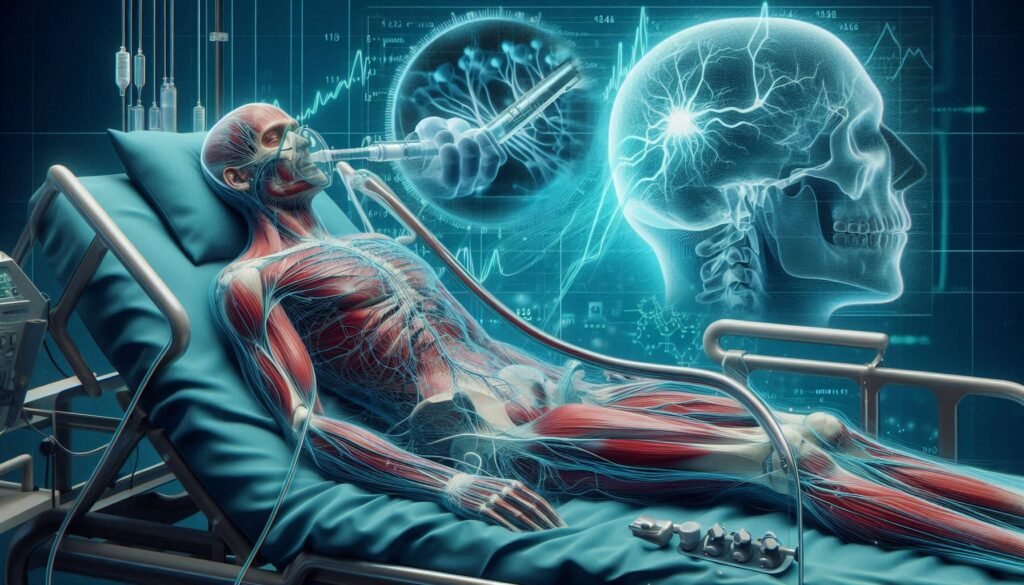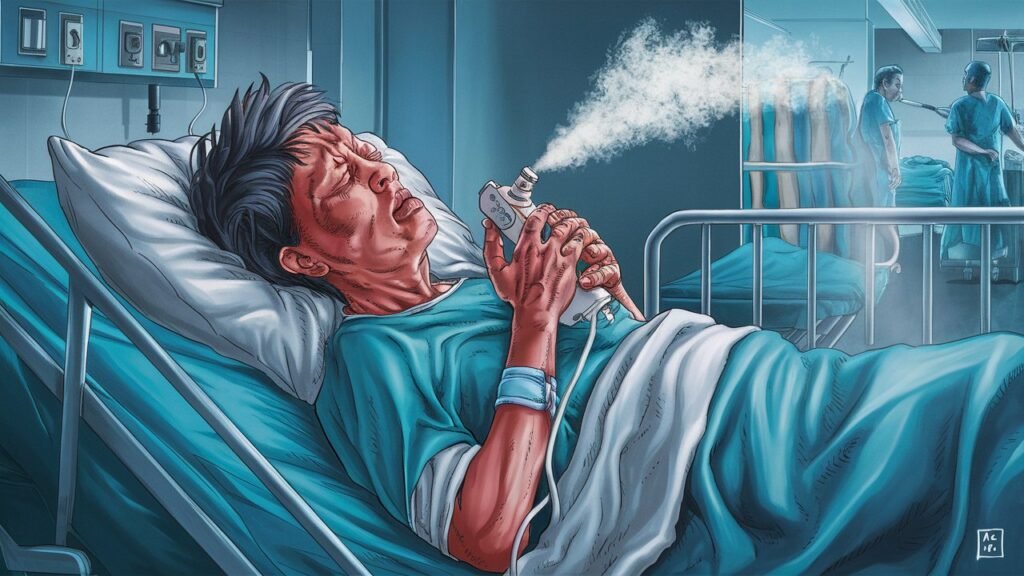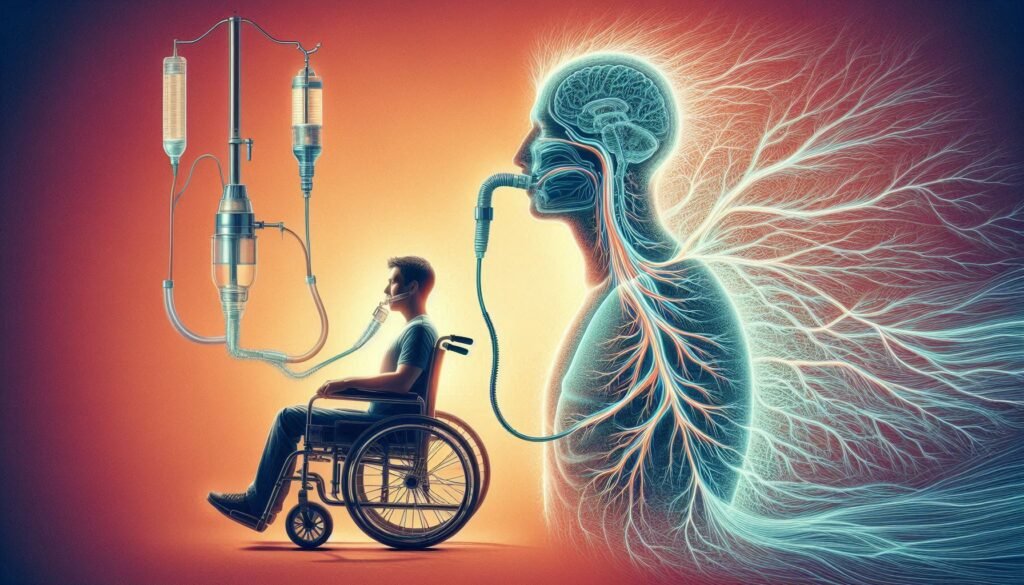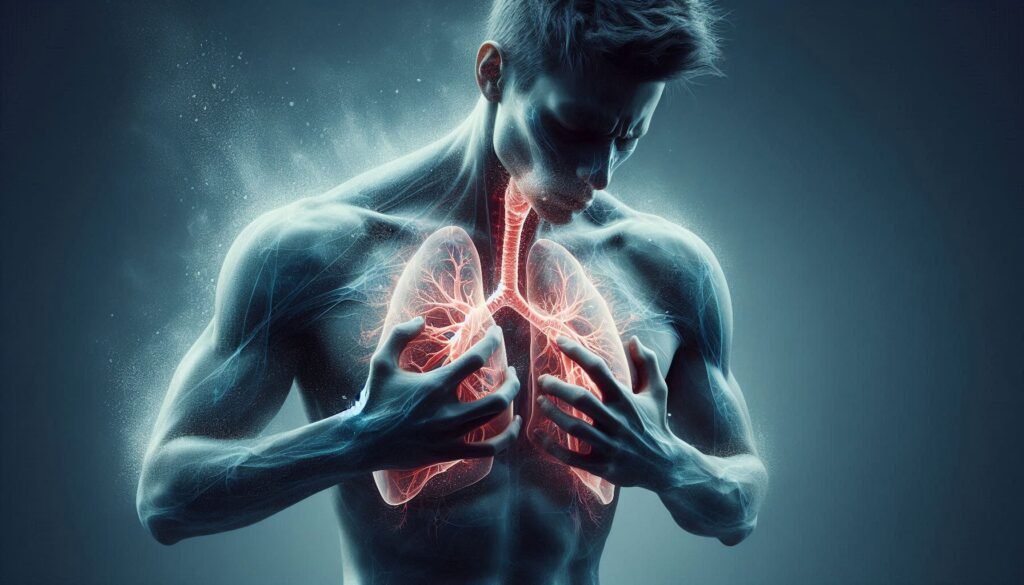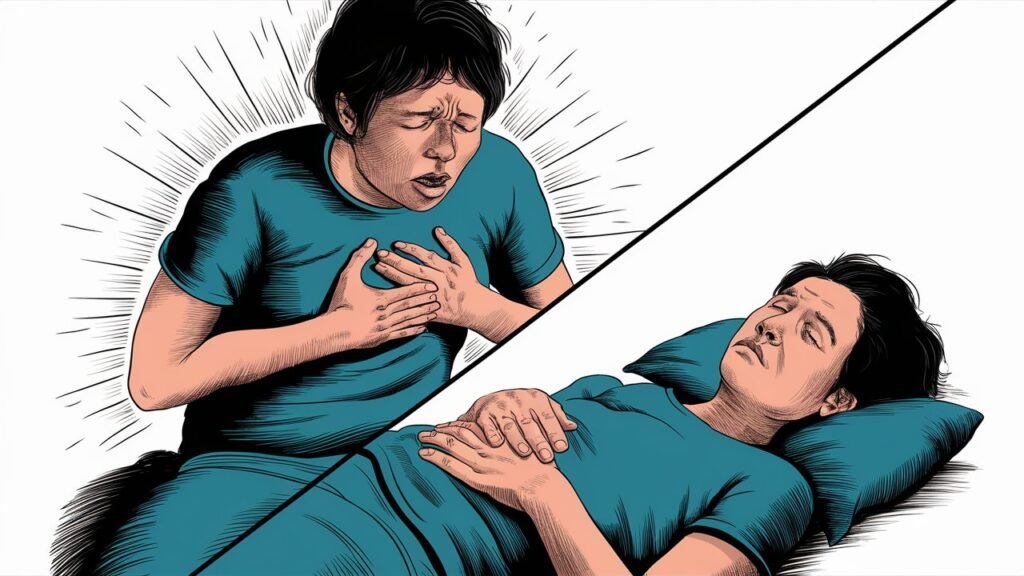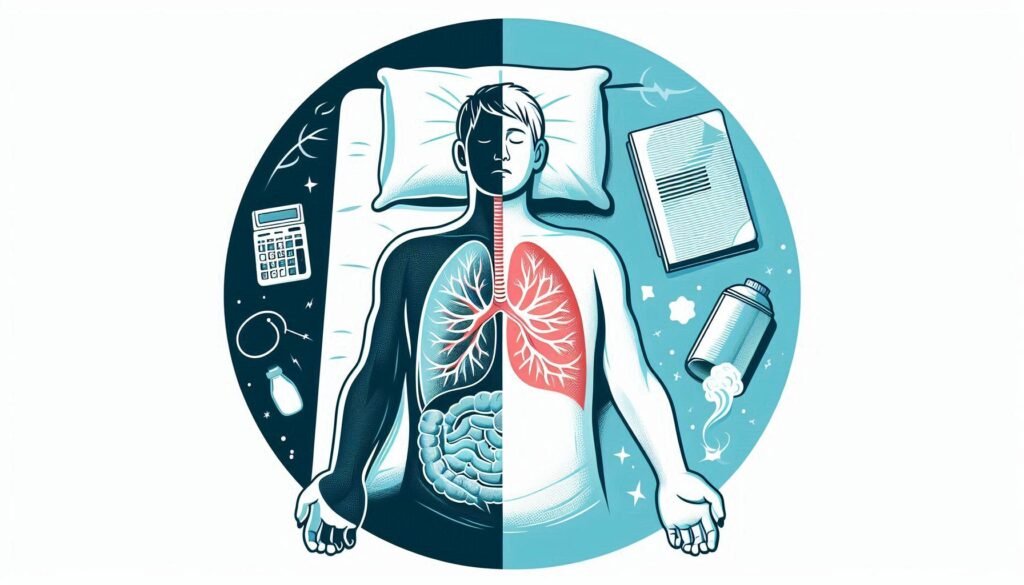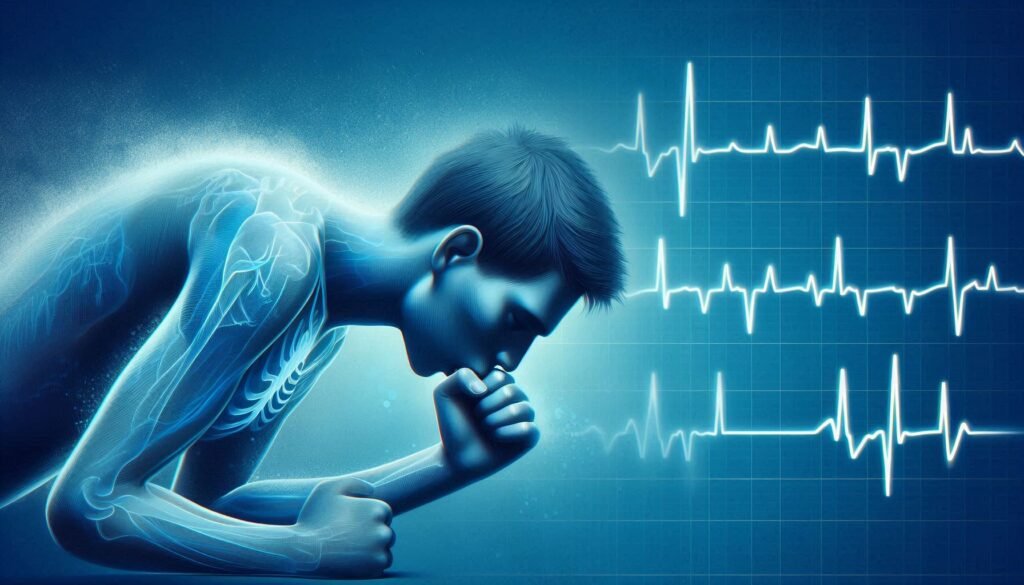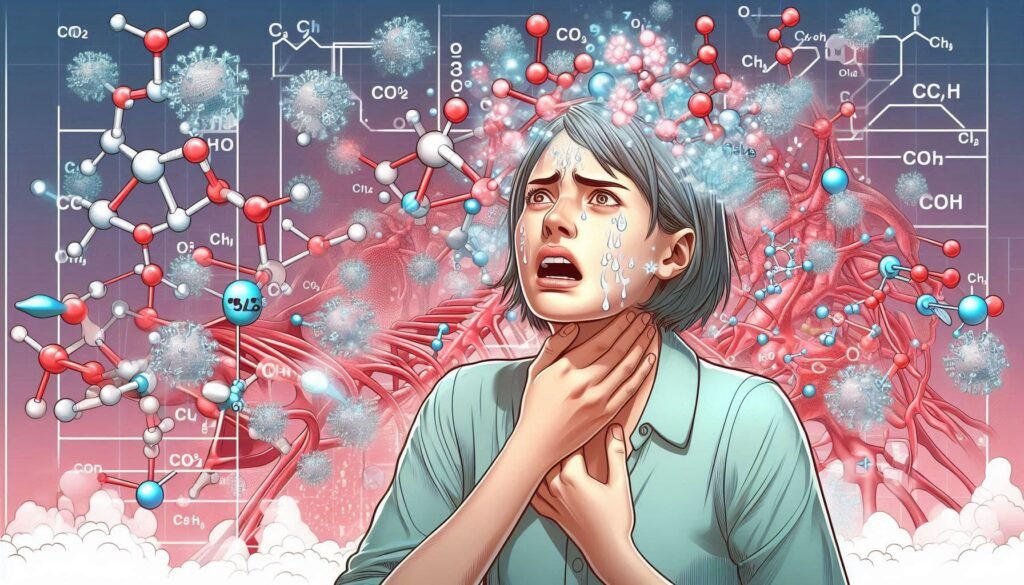Diaphragm Disorder and Respiratory Muscle Dysfunction: What We Know So far?
Breathing is something we often take for granted. It’s an automatic process, yet the mechanics behind it are complex and vital to our well-being. At the heart of this intricate system lies a powerhouse muscle—the diaphragm. When this dome-shaped muscle falters, it can lead to a range of disorders that disrupt normal breathing patterns and […]
Diaphragm Disorder and Respiratory Muscle Dysfunction: What We Know So far? Read More »


